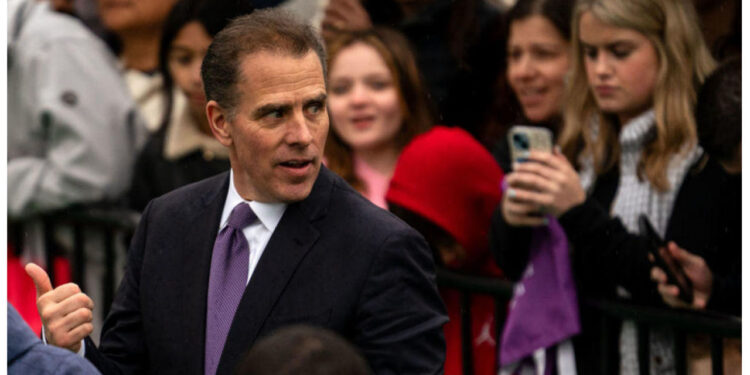A federal appeals court ruled on Wednesday that a Catholic school in North Carolina had the right to terminate a gay teacher who had publicly announced his marriage on social media ten years ago. This decision reverses the previous ruling made by a judge.
The 4th U.S. Circuit Court of Appeals in Richmond, Virginia, has overturned a previous ruling from 2021 that found Charlotte Catholic High School and the Roman Catholic Diocese of Charlotte guilty of violating Lonnie Billard’s federal employment protections against sex discrimination under Title VII of the Civil Rights Act. According to court documents, the school claimed that Billard was not rehired as a substitute teacher due to his support for a position that contradicted the church’s teachings on marriage.
U.S. District Judge Max Cogburn has ruled that Billard, who worked as a full-time teacher for ten years until 2012, was considered a lay employee for the specific purpose of teaching secular classes. However, Judge Cogburn also stated that a trial would be necessary to determine the appropriate relief for Billard. It is worth noting that in 2020, the U.S. Supreme Court ruled that Title VII protects employees who were terminated due to their sexual orientation or gender identity.
In her prevailing opinion, Circuit Judge Pamela Harris explained that Billard’s case fell within the scope of the “ministerial exception” to Title VII. This exception, derived from the First Amendment, safeguards religious institutions’ rights to handle employees who play a crucial role in carrying out their religious missions, even if the specific tasks they perform may not explicitly reflect their religious nature.
According to Harris, Billard, who used to work full-time teaching drama and primarily substituted for English, was expected to integrate faith into the curriculum at Charlotte Catholic. This indicates the school’s belief that he should be prepared to teach religion when necessary, highlighting his role in the school’s religious mission.
According to Judge Harris, the record clearly shows that Charlotte Catholic considered it essential for their teachers to bring a Catholic perspective to their teaching of Shakespeare and the Bible. This aligns with the school’s religious mission. The court has previously acknowledged that even seemingly secular tasks like teaching English and drama can be so deeply intertwined with religious significance that they fall under the ministerial exception.
Billard, who filed a lawsuit in 2017, started his tenure at the school back in 2001. In 2000, he met his current husband, and once same-sex marriage was legalized in North Carolina in 2014, they wasted no time in announcing their decision to tie the knot.
The reversal of Wednesday’s decision, as stated in a news release, has been deeply disheartening for our client, Billard, who simply desired the freedom to carry out his responsibilities as an educator without having to conceal his true identity or his personal relationships.
The joint statement expressed concern that although the decision was specific to Mr. Billard’s case, it could potentially create loopholes for employers to terminate employees based on discriminatory reasons.
The decision was hailed as a triumph by an attorney representing a group that protected the Charlotte diocese. They lauded it as a victory for individuals of all faiths who value the ability to impart their beliefs to future generations. The diocese is responsible for overseeing 20 schools in western North Carolina.
According to Luke Goodrich with The Becket Fund for Religious Liberty, the Supreme Court has made it abundantly clear that Catholic schools have the autonomy to select teachers who wholeheartedly embrace Catholic teachings. In support of this stance, attorneys general from almost 20 liberal-leaning states, along with representatives from Christian denominations, schools, and various organizations, have filed briefs in the case.
Circuit Judge Paul Niemeyer, who was appointed by former President George H.W. Bush, concurred with Harris’ opinion. On the other hand, Circuit Judge Robert King, nominated by former President Bill Clinton, expressed his agreement with the reversal while also raising concerns about the application of the ministerial exemption. According to King, Charlotte Catholic should have been covered under a different exemption in Title VII, which pertains to the dismissal of employees in religious education institutions.
In an interview with CNN, Billard expressed his deep disappointment regarding the court’s decision.
“I have ample evidence from case law that supports my stance. However, what troubles me the most is the sense of confusion,” he expressed to the network. “It is simply unfair to dictate whom one can love and marry. It is unjustifiable to terminate someone’s employment based on their choice of romantic partner. That is precisely why I endured the challenges that I faced.”










